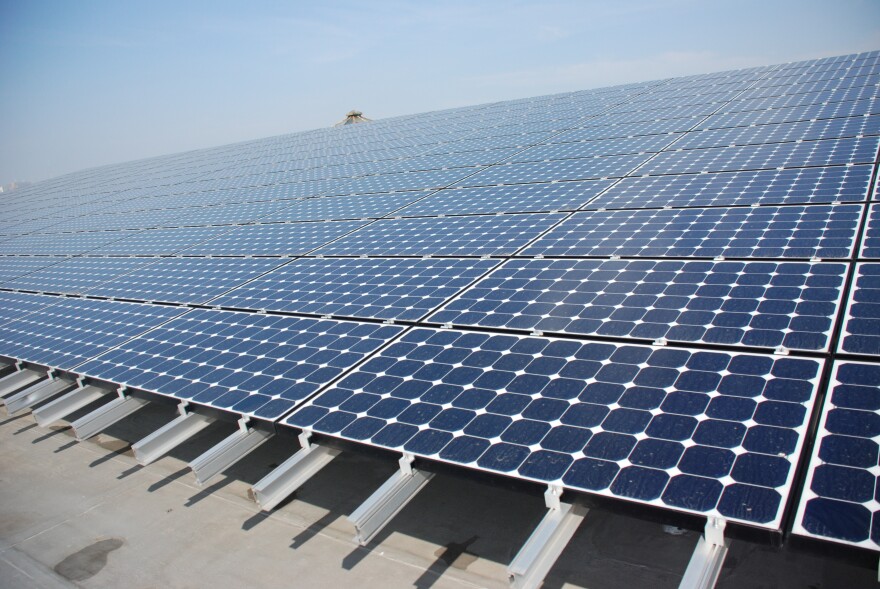A town in upstate New York is planning to pull its municipal buildings completely off the grid to prevent future power outages.
Nassau, a town of about 5,000, lost power for days during a series of ice storms in 2008 and 2009.
The town’s decision to rely on wind, solar, landfill gas, and battery storage by 2020 puts Nassau on the forefront of a national campaign to develop microgrids.
Microgridsare local power grids that can be detached from the traditional grid to work independently. This independence can make communities more resilient in the event of a storm. With microgrids, critical facilities and town centers can stay open in extreme weather conditions.
Although only a few towns have taken the initiative to rely on renewable energy, interest in microgrids is increasing across the country. For places looking to save money, the prospect of selling excess power to utilities is a strong motivator. The well-being of the environment is also an important factor.
Regulatory and technical obstacles have slowed the development of microgrids. Utility companies are also not on the same page. Some are skeptical of the change, and others are embracing the business opportunity.
In Connecticut, nine microgrid projects were proposed after Superstorm Sandy, which left many people without power for over a week. Of these, Fairfield was the first town to launch the new technology.
As one of the early adopters of microgrid technology, Fairfield is on the leading edge of emergency power supplies. Their system includes both solar panels and and a natural gas generator.
Fairfield’s plan differs slightly from Nassau’s. Fairfield stays connected to the grid and the utility company buys back the excess power, while Nassau plans to remove itself from the grid entirely.
The interest in renewable energy continues to increase nationally, and a third round of microgrid grants in Connecticut is expected to launch soon.
This report contains information from The Associated Press. Denaya Christopherson is an intern at WNPR.




